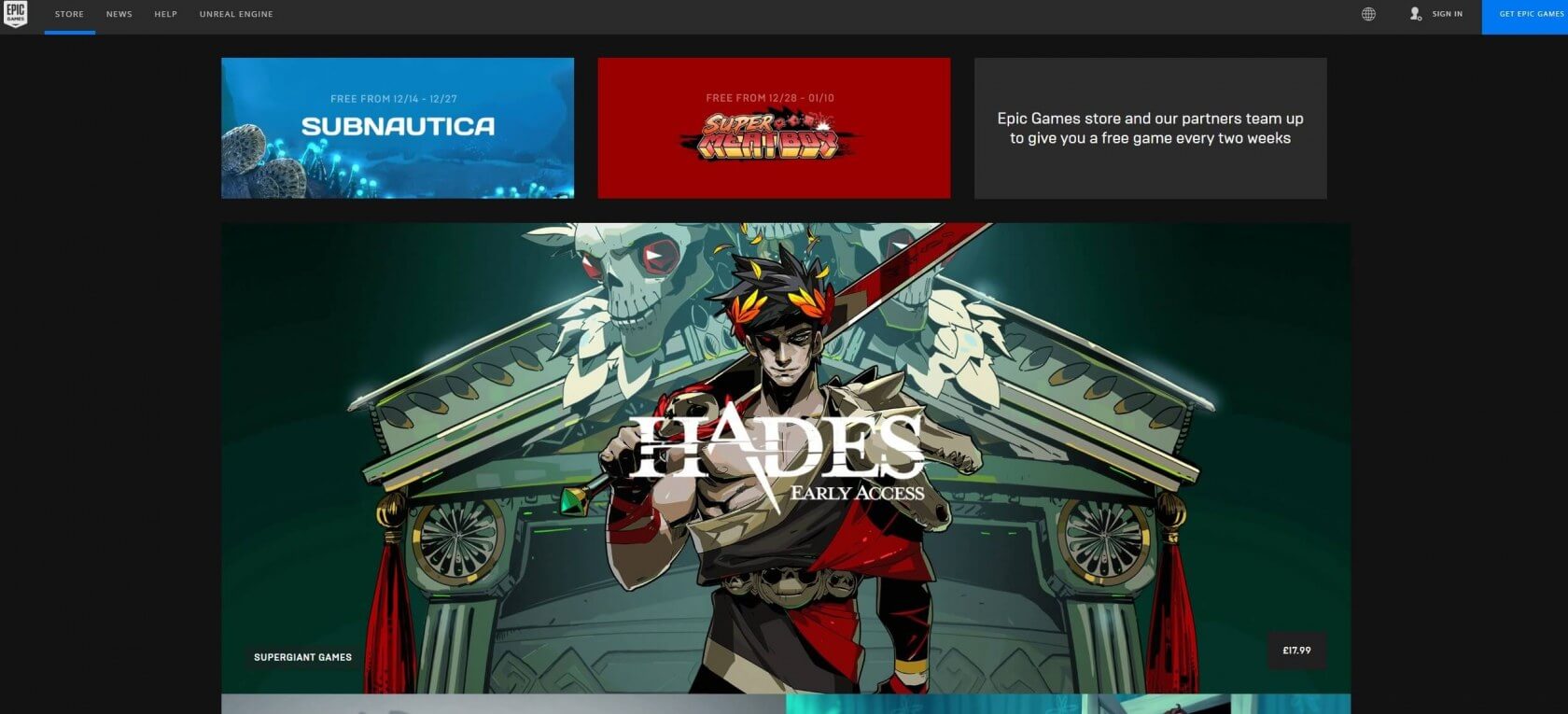In context: Epic launched its own game storefront last week, and it has already generated quite a bit of interest in the PC gaming community, primarily due to its incredibly developer-friendly revenue split system. Unlike Steam, where Valve takes a 30 percent cut of all game sales (until certain figures are achieved), Epic only pockets about 12 percent of a given game's revenue.
It seems the idea of keeping 88 percent of their sales is too appealing a notion for some developers to ignore. Indeed, some teams are going so far as to pull their games from Steam and publish them on Epic's store instead.
Others, such as space sim Rebel Galaxy Outlaw developer Double Damage, are going the timed exclusive route, publishing their games on the Epic store for a limited time before migrating them to other platforms.

The benefits of these exclusives, timed or otherwise, could be massive for Epic and third-party game developers. By publishing their highly-anticipated games exclusively on the Epic store, developers ensure they receive a higher share of the profits.
On the other side of the coin, Epic benefits by effectively forcing users to adopt their platform to play some of the most exciting upcoming games. If you're an avid PC gamer, this is a tactic you are probably familiar with.
Companies like EA, Ubisoft, and even Bethesda are all convincing PC players to use their respective distribution platforms (such as Origin, Uplay, and Bethesda.net) by selling their latest titles exclusively through said services.
To be clear, for now, only a handful of developers are moving away from Steam entirely. The vast majority of indie and AAA studios likely do not want to be the guinea pigs for Epic's latest experiment. Instead, they will probably wait and see how well the store does before making any final decisions.
Regardless, the fact that it's happening at all – even on a smaller scale – is proof that Epic's store has potential. Whether or not it will ever fully realize that potential remains to be seen.
